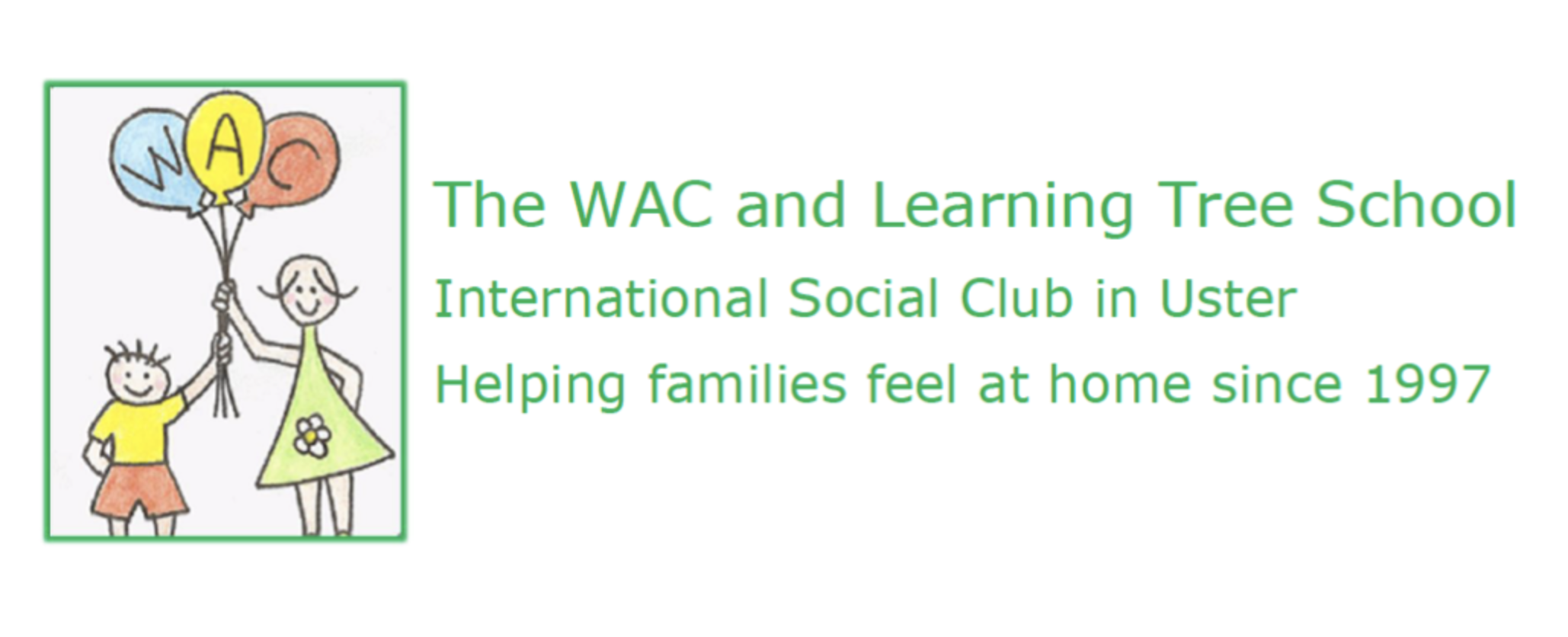Dear Friends,
We love reading. We love getting lost in a great storybook.
But not all readers do. What support can we give to reluctant readers?
1. Read aloud to people of any age. Even if kids (and grown-ups!) are skilled enough to read on their own, they can still enjoy hearing a story. Plus, hearing a story gives them information about personal interactions, cultures, places, and ideas beyond their own lived experience. Also, hearing language used in context helps listeners learn vocabulary and sentence structure.
2. Allow kids to choose books for themselves when it comes to reading for fun or free time. Adults might unintentionally derail a child from what the child may find interesting, for example with casual comments such as,
"but that one is for boys (or girls),"
"You always get that one," or
"It's too hard (or easy) for you."
If you don't know what to say about your child's selection, try, "That looks great."
By the way, it's ok as an adult to check out additional books that you think might appeal to the child, even if the child is skeptical at the library. The child might give it a chance in a different place and time.
3. Pick books that aren't stories. Some children don't gravitate to stories, and that's fine. Perhaps reading a book from start to finish seems overwhelming; or, they would just rather browse through pages of facts and infographics. Non-fiction books with small boxes of text, pictures and diagrams are great for this style of reader. In addition to our collection of non-fiction books on science, history, and geography, the WAC Library offers handbooks describing popular fictional spaces like Star Wars, Zelda and Minecraft. With non-storybooks, a child is still practicing the process of sounding out words and gathering information from a text.
4. Try comics, hybrid comics, and other books with high visual engagement. There's nothing deficient about reading comics or diary-style stories. In fact, the visual organization within comic-style frames can help a reader interpret the beginnings and ends of ideas and events. Diary-style stories use a variety of friendly and exciting fonts and layouts which hold the interest of a reader who feels uninspired by a page covered endlessly in words. Developing readers can gain a sense of accomplishment about finishing these hefty-looking chapter books. Our offerings in this genre include Diary of a Wimpy Kid, Tom Gates, Dork Diaries, The 26-Story Treehouse and many other series.
Many factors influence a child's willingness to read, and it's true that some people just don't love reading (which is ok). However, if kids enjoy it, they are more likely to read. The more they practice, the more likely they are to improve. The more they improve, the more enjoyable reading becomes. And reading ANYTHING is better reading practice than not reading.
If you would like some recommendations for a reluctant reader, ask us, in person, in our suggestion box, or via email: library.wacuster@gmail.com
Happy reading,
Sharon and Jinny




